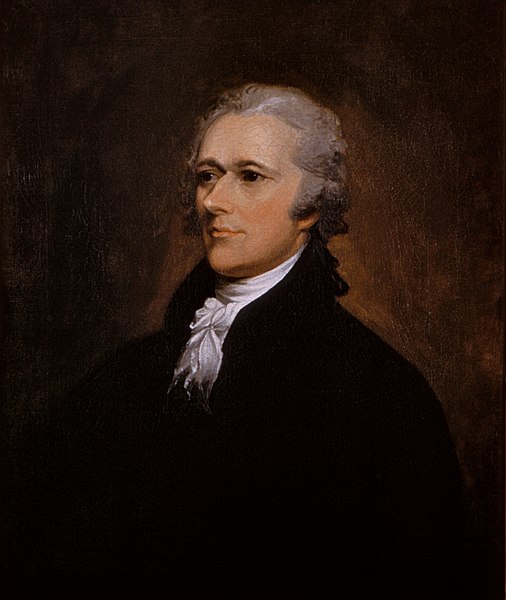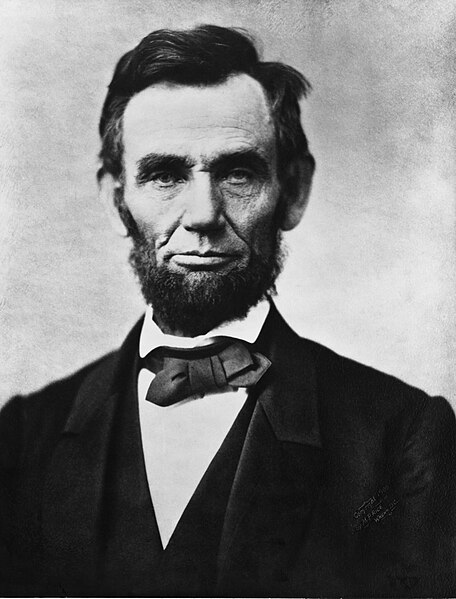Henry Charles Carey was an American publisher, political economist, and politician from Pennsylvania. He was the leading 19th-century economist of the American School and a chief economic adviser to U.S. President Abraham Lincoln and Secretary of the Treasury Salmon P. Chase during the American Civil War.
Henry Charles Carey
Carey's father, Mathew, was a leading economist in Philadelphia.
Karl Marx referred to Carey as the "only American economist of importance" and his theories as the chief obstacle to communist revolution in the United States. He pledged to wage "hidden warfare" against Carey.
Carey served as a trusted adviser to President Abraham Lincoln, Secretary of the Treasury Salmon P. Chase, and Representative Justin Smith Morrill, among others. His thinking was the basis for the Morrill Tariff and the National Banking Act of 1863.
American School (economics)
The American School, also known as the National System, represents three different yet related constructs in politics, policy and philosophy. The policy existed from the 1790s to the 1970s, waxing and waning in actual degrees and details of implementation. Historian Michael Lind describes it as a coherent applied economic philosophy with logical and conceptual relationships with other economic ideas.
Alexander Hamilton's ideas and three Reports to Congress formed the philosophical basis of the American School.
Senator Henry Clay, leader of the Whig Party and advocate for the American System
Abraham Lincoln, an "Old Henry Clay tariff Whig" by his own definition, enacted much of the American School's core policies into law during his tenure as President from 1861 through 1865.







